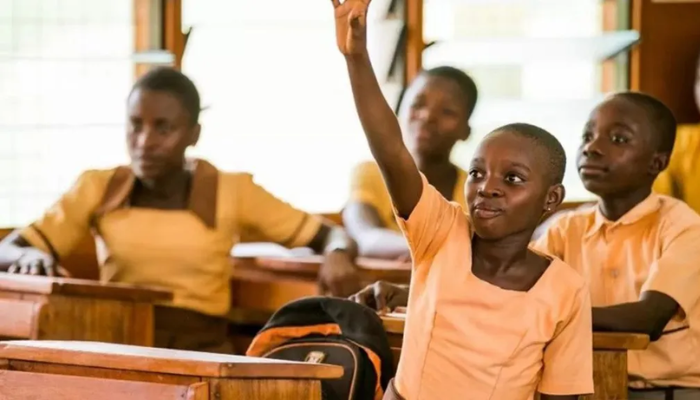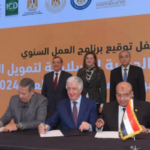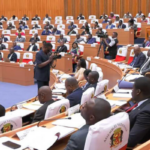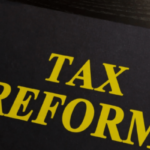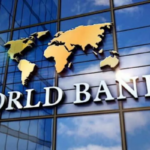The World Bank’s latest report highlights the need for reforms in South Africa’s basic education sector to achieve inclusive economic growth. The report outlines South Africa’s economic performance and projections for the near future, with growth expected to rise from 0.8% in 2024 to 1.8% in 2025 and 2% in the medium-term.
However, despite this improvement, the country faces persistent poverty and inequality, with projections indicating it could take over 60 years to become a high-income economy.
Read also: Uganda targets $500 bn economy by 2040, eyes tourism growth
Education as a key to inclusive growth
The World Bank report underscores education as a fundamental driver of development. “Education is a powerful driver of development, and one of the strongest instruments to reduce poverty and promote equality. It is the necessary foundation for a prosperous economy,” said Satu Kahkonen, World Bank Country Director for South Africa.
The report suggests that South Africa can boost inclusive growth and equality by investing in its people, with a strong emphasis on improving the basic education system. Honorable Siviwe Gwarube, Minister of Basic Education, echoed this sentiment, noting that the government’s focus on ensuring all children have access to quality education is aligned with the World Bank’s research.
Read also: All-Share Index rises 0.13% as trading volume declines
Challenges in the basic education sector
Despite improvements since the end of apartheid, South Africa’s education sector faces significant challenges. Approximately 80% of Grade 4 learners could not comprehend reading in 2021, a reflection of the ongoing learning crisis. The education sector is also struggling with declining budget allocations and the need to accommodate an additional 1.2 million learners by 2030.
The report identifies inefficiencies in the system, particularly in teaching quality, accountability, and fragmented reading programs that have not scaled successfully.
Proposed reforms for education
To address these challenges, the World Bank outlines several key reforms for the government to consider.
Focus on early education: Prioritising the foundational years from early childhood to Grade 3 is essential. The report calls for enhanced early childhood services and scaling up interventions to improve reading and maths skills.
Public-private partnerships: Collaborating with the private sector to expand access to quality education, especially for low-income earners, could help bridge gaps the public sector cannot fill.
Improving efficiency and equity: The report suggests adopting teacher professional standards and revising school funding mechanisms to reduce inequities and improve education outcomes.


